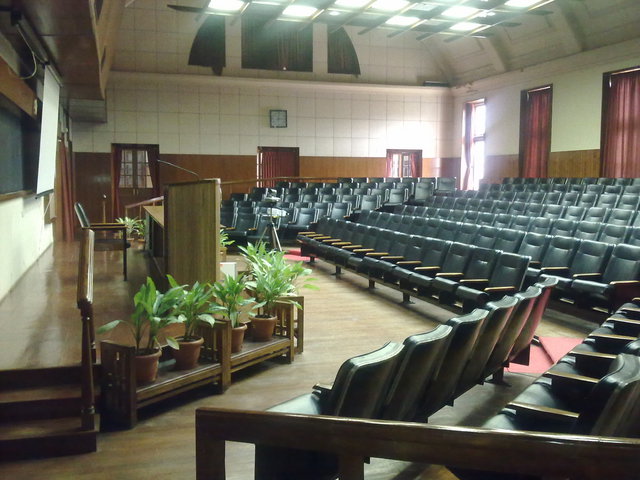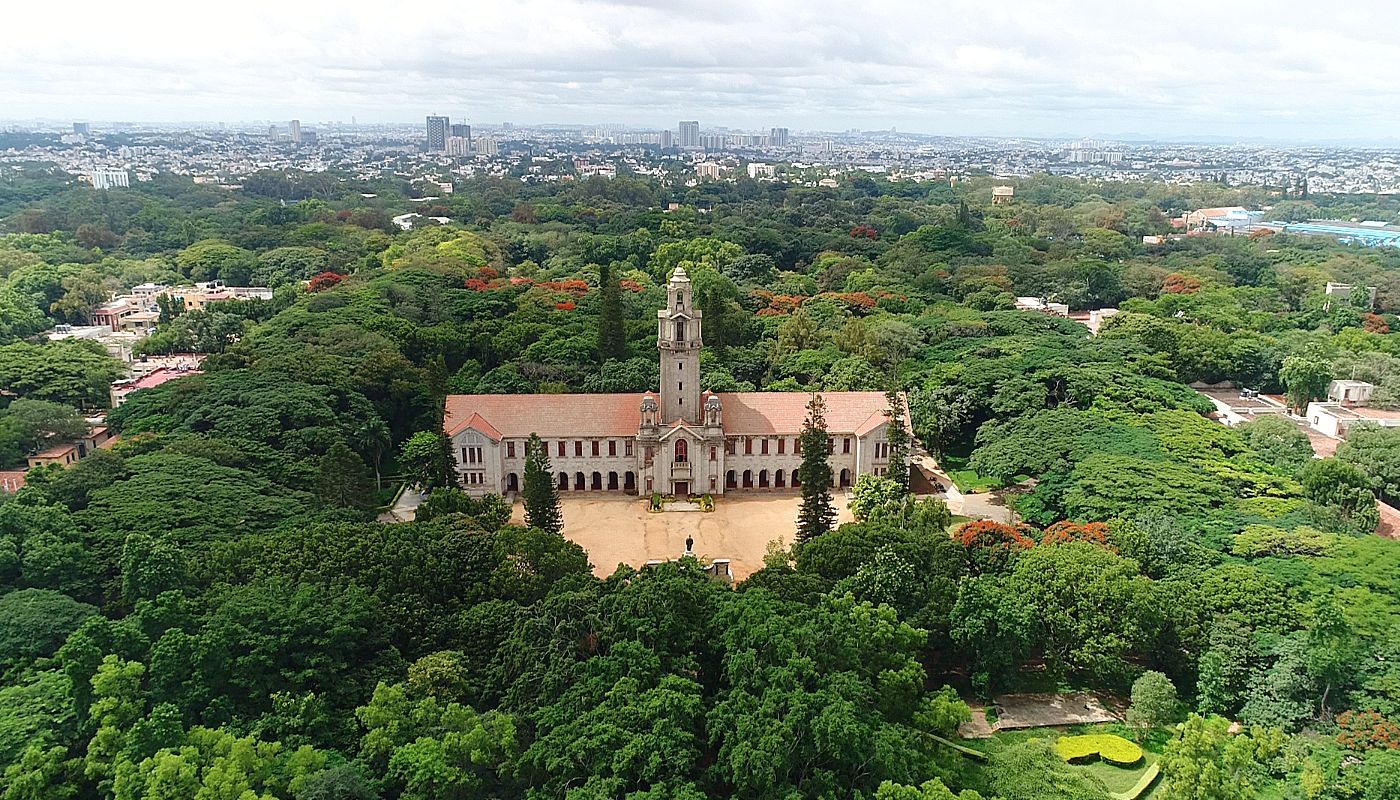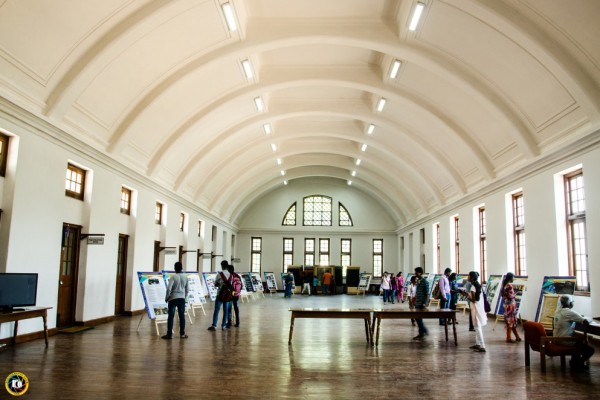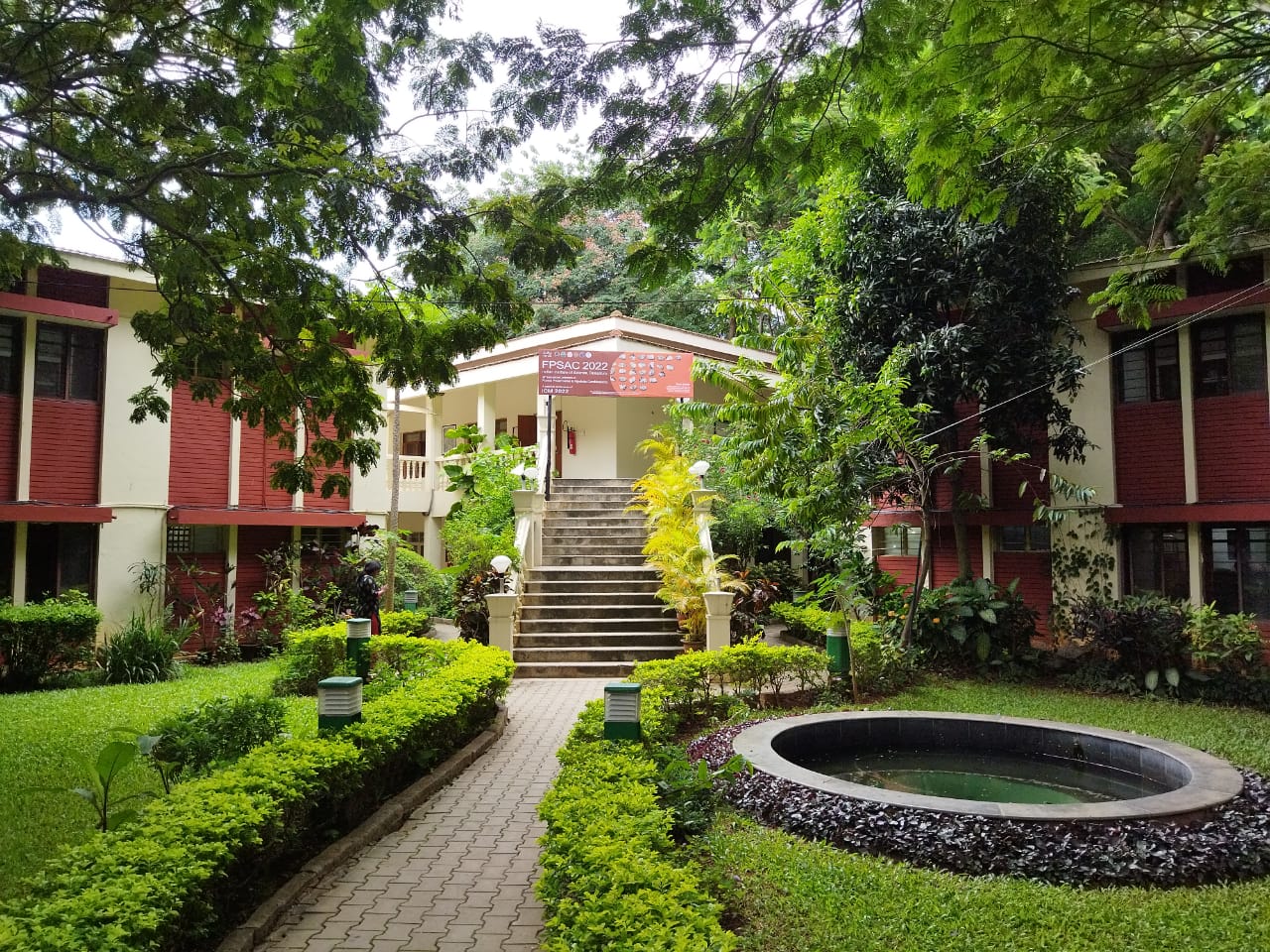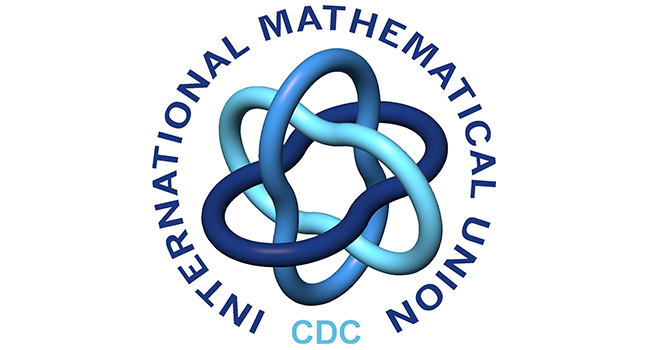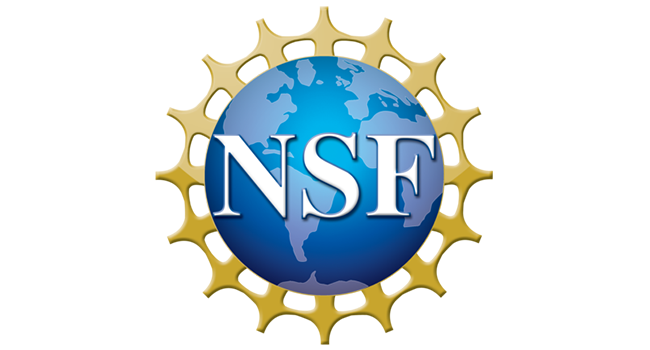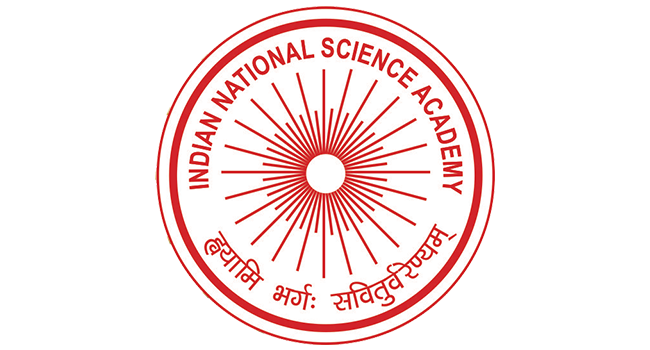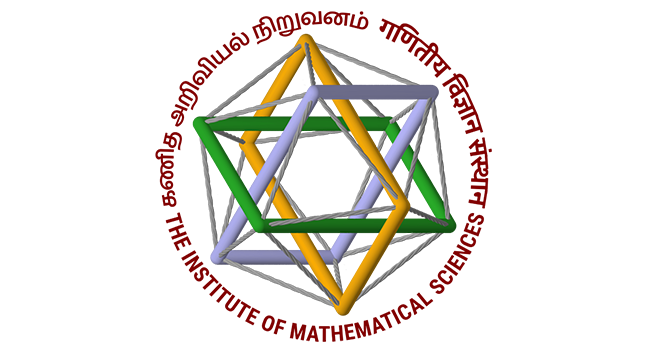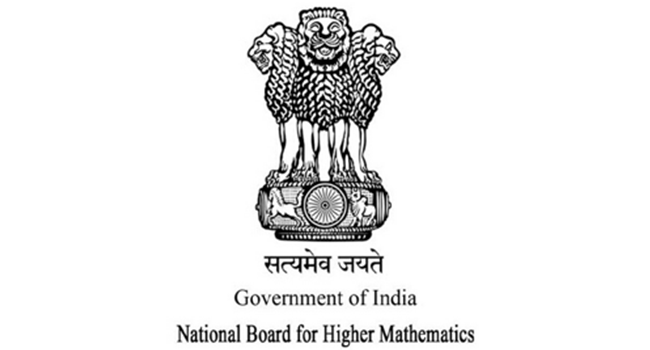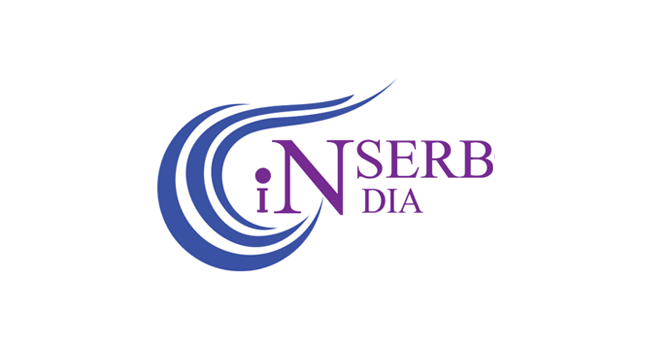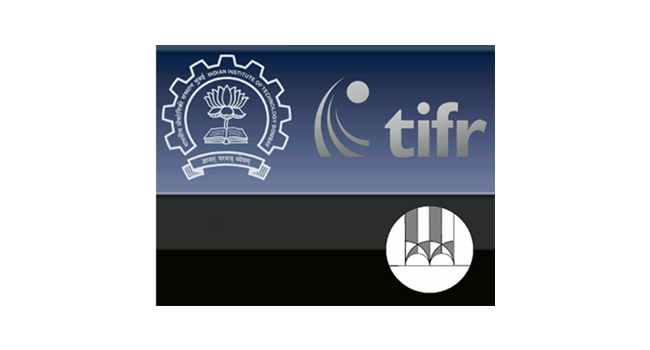Submission
Guidelines for software demonstration submissions
Algebraic combinatorics has a long tradition of using software to support research; in particular, many
of the published results and conjectures have been originally discovered through computer exploration or are
backed up by calculations. This growing need is supported by regular software development efforts from the researchers.
The purpose of FPSAC's software demonstrations is to encourage code sharing and reuse by providing a venue for:
- spreading the word on existing development efforts
- crediting the efforts put by researchers to not only develop software, but also share it and make it reusable
This is complemented by satellite training and collaborative development events
(see e.g. Sage Days 60).
We invite presentations of any piece of software that specifically supports research and teaching in
algebraic combinatorics: computational libraries, online databases, certified proofs, training portals, etc.
The presenter shall be actively involved in the development.
Presenters will be given 10 minutes to demonstrate their software to participants. The focus should be on explaining
what the piece of software is about and prompting potential users to want to learn more.
The selection of the presentations will be based on the submission by email to
fpsac2022.math@iisc.ac.in
(with subject "Software demonstration") of an extended abstract (12 pages maximum, but we recommend no more than 6 pages)
in the usual FPSAC format. Abstracts will be evaluated based on content, novelty, originality, importance
and the potential value of the software to the community.
Extended abstracts of accepted software presentations will be published in the conference proceedings.
The abstract will typically include:
- a description of the context and state of the art
- a description of the software itself: main functionalities, algorithms, ...
- a description of typical applications and use cases
- a comparison with existing software or algorithms
- brief evidence for the ease of use and reuse: documentation, examples of usage, availability, license,
software requirements, installation instructions,
(plans for) integration in existing platforms (e.g. GAP, Magma, Maple, Mathematica, or SageMath).
- brief evidence for software quality and sustainability: tests, development model, use of collaborative tools, etc.
When applicable, it is okay to link instead to a permanent web page prominently containing the latter two pieces of information.
The software itself shall be made publicly available for scrutinizing by the reviewers. If a specific platform is required,
reviewers will make some efforts to get access to that platform and try the software.
Guidelines for final paper/poster submissions
Accepted extended abstracts will be published in a proceedings volume of Séminaire Lotharingien Combinatoire.
Authors will retain the right to publish a full version of their work in another journal, provided that the conference
contribution is indicated as an extended abstract of the full version. For questions and problems, email the proceedings
editor Travis Scrimshaw.
Before sending the final version of your submission, please read the instructions and requirements below.
The requirements for the original format of the submission apply (please read Guidelines for initial submissions
and Formatting requirements and submission procedures below). In particular, the default font type and
font size (12 pt) must not be changed. Final submissions, including suggested corrections, must not exceed 12 pages.
Your new submission should consist of:
- Your latex file;
- A bibtex file with references (see the guidelines below)
- All other files required to compile your final submission (figures, etc., keeping in mind the guidelines below);
- A PDF file of your submission compiled from these.
Additional guidelines
- Please spell-check the text before submitting the final version – there are standard spell-checking (or check spelling)
softwares in most/all OS. This includes the .bib file, where authors' names may be misspelled. E.g. Fulton ↔ Futon.
- A minor matter of style: if hyphenating between a single name, such as Piatetsky-Shapiro, use a single hyphen
in the TeX source. If hyphenating between multiple names, such as Kac--Moody, use two hyphens.
For example: Harish-Chandra--Itzykson--Zuber integral.
- When mentioning Remarks or Examples: these should be defined as macros using \theoremstyle, and share the same
counter as definitions, theorems, lemmas, etc. They should not be unnumbered/isolated headings.
- Proofs: If you have a theorem labelled
\begin{theorem}\label{Tsample}
\begin{proof}[Proof of Theorem \ref{Tsample}]
{\em Proof.} or something similar.
- Avoid use of abbreviations like "wrt", "wlog", "iff".
- Figures: The document should be compiled (and compilable) using pdflatex (then bibtex, say, then twice pdflatex).
In particular, the use of .pdf figures or tikz code is preferred.
- When compiling, please ensure that it avoids \overfull \hbox or \vbox errors.
Bibliography guidelines
Bibliography is the .bib file, which is required during final submission, and should contain all references.
- Please be sure to delete the lines with the ISBN or ISSN fields. Note that using % may not comment out a line
from .bib files, so simply delete those fields from the FPSAC accepted .bib file.
- You need not include the lines with the MRCLASS and MRNUMBER fields if you so wish,
since these do not get displayed in the PDF output.
- If mentioning the DOI of an article delete the URL line. It is preferable to use the DOI, which typically
starts with "10.****/...". For instance, in the following information for the .bib file,
please remove the URL (and ISSN) line, keeping the DOI line in place.
@article {MR1333035,
AUTHOR = {Wiles, A.},
TITLE = {Modular elliptic curves and {F}ermat's last theorem},
JOURNAL = {Ann. of Math. (2)},
FJOURNAL = {Annals of Mathematics. Second Series},
VOLUME = {141},
YEAR = {1995},
NUMBER = {3},
PAGES = {443--551},
DOI = {10.2307/2118559},
URL = {https://doi.org/10.2307/2118559},
ISSN = {0003-486X},
MRCLASS = {11G05 (11D41 11F11 11F80 11G18)},
MRNUMBER = {1333035},
MRREVIEWER = {Karl Rubin}}
- For preprints, use the following template in the .bib file:
@misc{MP,
AUTHOR = {Madhava, I. and Pingala, A.},
EPRINT = {0201.00000},
EPRINTTYPE = {arxiv},
TITLE = {Title of the arXiv preprint},
YEAR = {0002}}
@article, but @misc.
Use EPRINT etc. if there is an arXiv identifier).
- Author names: All first names should be (edited to become) initials, and never followed by a comma.
Usually, it is: Lastname1, F1. and Lastname2, F2. and... While this may not have been the case in the
"sample files" created in the past, please manually edit in your .bib file all first names, and keep only their initials intact.
Or rather, edit all pre last-names, such as Serre, J.-P.
- Just to remind you: the total length of each FPSAC submission can be no more than 12 pages,
with no alterations to the preamble in the TeX file (font size, margins, etc.).
Guidelines for Initial Submissions
Accepted extended abstracts will be published in a proceedings volume
of Séminaire Lotharingien Combinatoire.
Authors will retain the right to publish a full version of their work in another journal, provided that the
conference contribution is indicated as an extended abstract of the full version.
For each submission, you must indicate which author will present the work.
A change of presenter will only be possible after advance consultation with the program committee.
Each person may be the presenter (i.e., correspondent author) for at most one submission.
Program committee members may co-author a paper submitted to the conference, but should not submit the paper themselves,
and must recuse themselves from any decisions involving the paper.
Authors should indicate any potential conflict of interest that may exist
with program committee members in the submission form.
You have a conflict of interest if a program committee member:
- is at the same institution as an author
- has been in a supervisory/supervisee role in the past
- has been a co-author in the last 5 years or is currently collaborating with an author
As is tradition, there will be a prize for the best
student paper.
In order to qualify for this prize, all authors on the qualifying submission must be
students at the time of submission. You will be asked on the submissions website if your submission
qualifies, so please remember to indicate this if it does.
As for the scientific content of the work, the originality of the results
and the clarity of exposition will be the primary criteria used to determine which submissions will be accepted.
Formatting requirements and submission procedures
In order to prepare your submission, please take the following steps to format your document
according to these specifications. Please prepare your document using standard LaTeX. If you have any user macros, you must
include them in your submission.
- Please download and unpack the file FPSAC-2022.zip
or, if you prefer, download the files it contains individually and place them all in one folder:
- Compile sample.tex using your favourite editor (if compiling from the command line you may need
pdflatex) and make sure the output matches intended output file. Note that you must generate a PDF
file - dvi or ps files will not be accepted.
- Read the comments in the preamble of sample.tex. In particular:
- use
\documentclass[submission]{FPSAC2022} for your initial submission;
- do not make any changes to font size, page size, layout, etc;
- include your title in the usual way, ie.
\title[optional short title]{long title};
- include the author(s) in the usual way, ie.
\author[optional shorter names]{longer names};
- use
\thanks{…} to include the contact details of author(s), and
\addressmark{1}, \addressmark{2}
etc. to include the institution(s) of the author(s), and then use
\address{\addressmark{1}…}
to match author(s) to institution(s);
- use
\received{date} to include your date of submission (don’t cheat!);
- use
\abstract{…} to include your English language abstract. Please do not
include any citations in your abstract with \cite{…}. If you need to cite something in your
abstract then write it out, as (author year). Also, do not include any custom commands in your
abstract;
- if you wish to include a second-language abstract then you can do this with the
\resume{…}
command. If you do not wish to include a second-language abstract then you can just comment this command out;
- by default the second-language abstract will have the title "Abstract". If you want another word like
"Saar", "Résumé" or "Zusammenfassung" then you can use the \resumetitle{...} command. Otherwise just comment
this command out;
- include 3-6 keywords with the
\keywords{…} command;
- the
\maketitle command after \begin{document} will generate your title, abstract and
keywords automatically.
- The FPSAC2022.cls file loads the graphicx package, and so you should be able to include figures
with the usual
%figure code
\begin{figure}
\centering
\includegraphics[width=0.5\textwidth]{plot}
\caption{A plot of a function.}
\label{fig:plot}
\end{figure}
- The FPSAC2022.cls file loads the AMS packages amsmath, amsthm and amssymb. If you wish to load
other packages then you must use the usual
\includepackage{…} command in the preamble.
- For the final submissions it will be required to include your bibliography as a separate
.bib file rather than using
\bibitem{…} commands at the end of the document. This will make
life much easier for the editor, as it simplifies the process of making bibliographies consistent. The sample.tex
file uses the biblatex package, where the commands
%preamble code
\usepackage[backend=bibtex]{biblatex}
\addbibresource{sample.bib}
\printbibliography is used at the end of the document. (This may
require installation of the biber package or
the texlive-bibtex-extra package (Ubuntu) if you don’t already have it. See below if you are having compile
problems). Alternatively, if you wish you can remove these commands and use something like
%bibliography code
\bibliographystyle{plain}
\bibliography{sample}
- If you are having trouble compiling sample.tex, make sure your LaTeX distribution is up to date:
- On a Mac you are probably using MacTeX, so you can run "
tlmgr update --all” in the Terminal,
or use the TeX Live Utility app in/Applications/TeX.
- On Windows you are probably using MiKTeX, so you can use the MiKTeX Update Wizard in the Start menu.
- On Linux you should use your package manager to keep things up to date (your version of LaTeX is probably a
variant of TeX Live). Depending on your version of Linux you may also be able to use the "
tlmgr
update --all” command. To use biblatex you may need to install the separate texlive-bibtex-extra
package.
- As noted above, you may also need the biber
package to get biblatex working (on any system).
- If you are missing the lipsum package needed to generate the Latin text, include the
lipsum style file in the directory containing
your tex files.
- If problems persist then you should email the proceedings editor
Travis Scrimshaw.
- In your initial submission, you must include either a single PDF file of your manuscript, compiled with
FPSAC2022.cls, or a zipped (.zip file) containing all necessary files needed to compile your manuscript
(including the FPSAC2022.cls file, all figures, the source .tex file and .bib files etc.).
Do not alter the font size, font, or the margin sizes in the FPSAC2022.cls file.
If your submission is accepted, all source files will be requested.
- All submissions must use 12pt font, the default font for the above class file, and be 6-12
pages in length, including the bibliography. Submissions that exceed the length restriction, use a
different font, or have altered margins will not be accepted.
Submit through Softconf
Please follow the link to
the SoftConf
website to make your submission. You will need to indicate the presenter name and
also if the paper qualifies for consideration for the “best student paper” prize.


